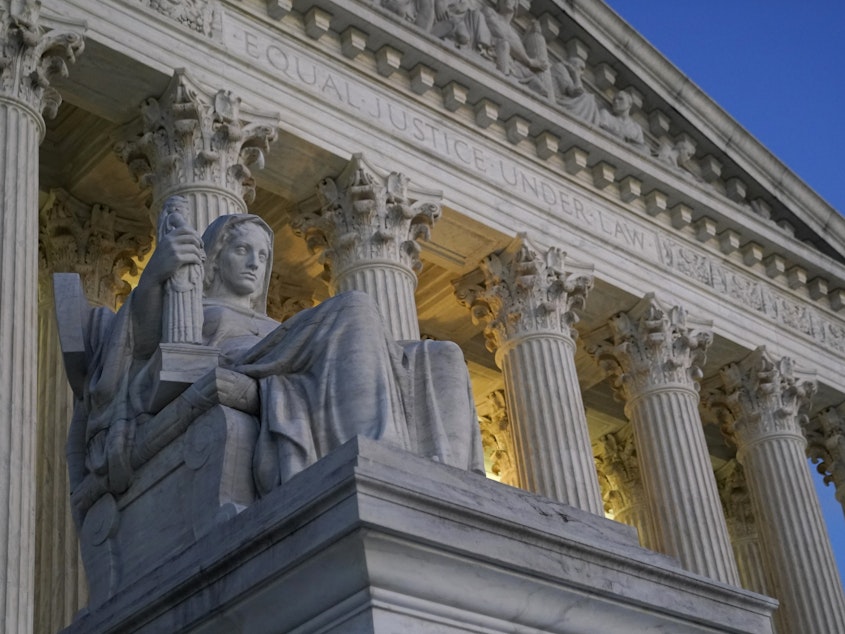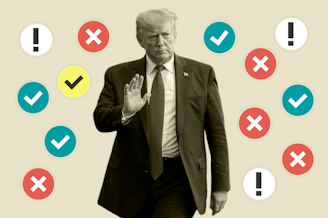The Supreme Court leaves Indian Child Welfare Act intact

The U.S. Supreme Court, defying predictions, upheld the Indian Child Welfare Act Thursday.
By a 7-to-2 vote, the court upheld the law's preferences for Native tribes when Indian children are adopted, ruling that the law does not discriminate on the basis of race and does not impermissibly impose a federal mandate on traditionally state-regulated areas of power.
ICWA has stood as a landmark law since it was enacted over 45 years ago after a congressional investigation found that over one-third of all Native children had been removed from their tribal homes and placed with non-Indian families and institutions with no ties to the tribes.
The court rejects all of the challenges to the Indian Child Welfare Act, "some on the merits and others for lack of standing," Justice Amy Coney Barrett wrote in her majority opinion. Justices Clarence Thomas and Samuel Alito dissented.
The law was challenged by Chad and Jennifer Brackeen, alongside other non-Native prospective adoptive couples. They argued the law violated the Constitution by discriminating on the basis of race and forcing the state to carry out federal mandates. The high court rejected these arguments, citing over a century of precedent that classifies Native Americans as a political, not racial, group.
Thursday's decision is viewed as a win to Native American tribal leaders and advocates who argued the law safeguarded Native children and tribal communities.
Background on the 1978 law
Congress, after extensive hearings, found that public and private agencies had taken hundreds of thousands of American Indian children from their homes, sometimes by force. These agencies then placed the children in institutions or with families that had no tribal connections.
The tribes saw these actions as a threat to their very existence, and Congress agreed. In response, Congress passed the Indian Child Welfare Act of 1978, known by the acronym "ICWA."
ICWA established minimum federal standards for removing Native children from their families and required state courts to notify tribes when an American Indian child is removed from his or her home outside of a reservation. It also implemented a framework for foster and adoption placements that is at issue in this case. The framework requires first preference be given to a member of the child's extended family, then other members of the tribe, and if neither of those is available, a home with a different tribal family.
But in the case before the court, the state of Texas and several families who are adopting American Indian children challenged the law. They contended it amounts to an unconstitutional racial preference, and that the federal law impermissibly intrudes on state autonomy.
The Biden administration, like past administrations of both political parties, defended the law. Citing a string of precedents dating back to the early days of the republic, the government said that ICWA draws classifications based not on race but on connections to tribal groups. And under the Constitution, those tribal groups are separate sovereign nations, essentially a political group.
But the lawyer for the family at the heart of the case contended that the law "deprives children of an individualized assessment of their own best interests." The tribes say that the best interests of the child are being considered.
On Thursday, the court agreed with the tribes, leaving the law intact. [Copyright 2023 NPR]



